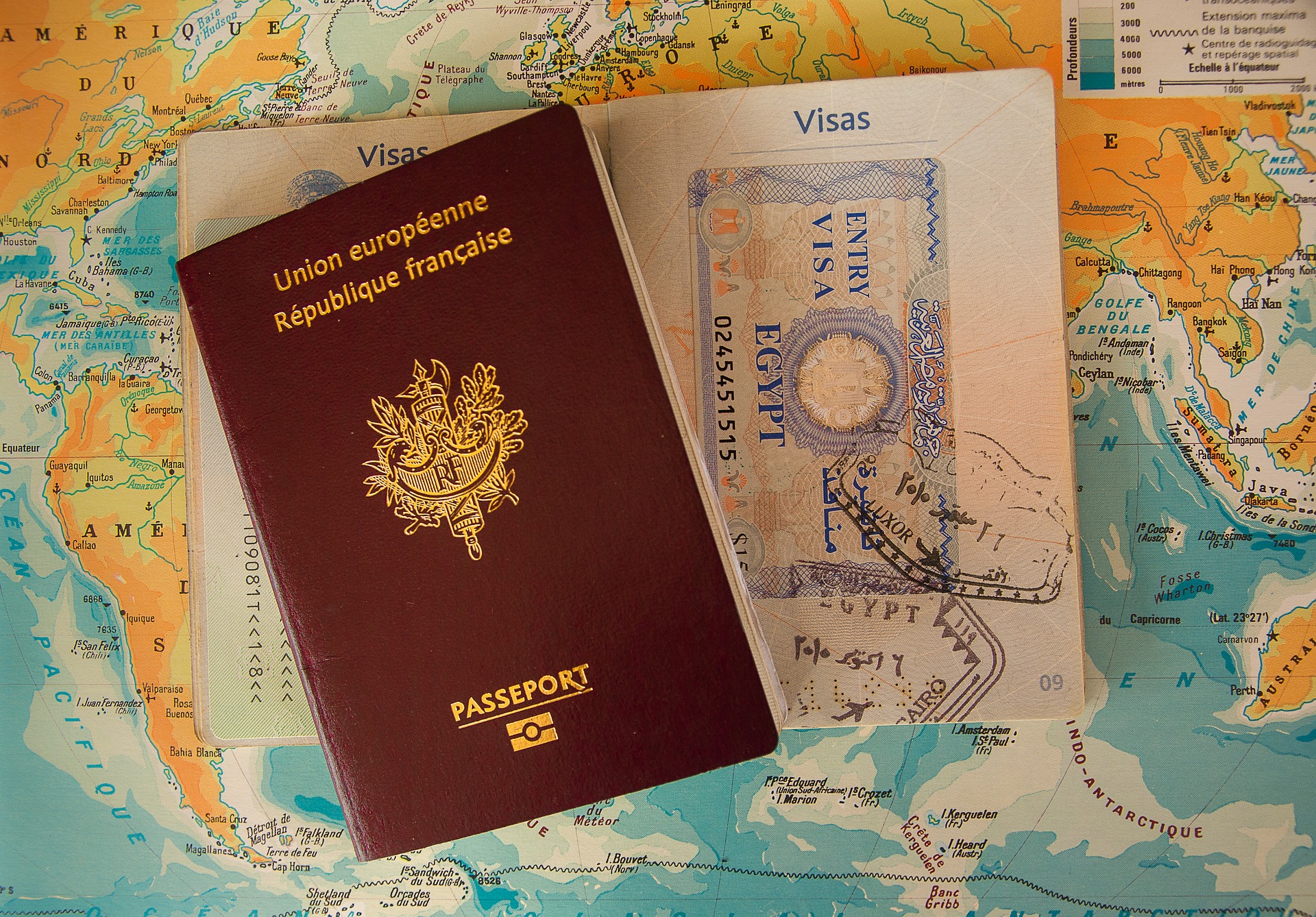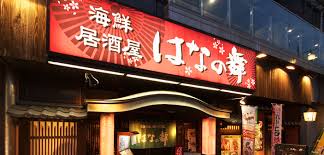Keypoints
- Follow an ordinary dress code, unless you want to stand out
- Always arrive early, at least five minutes
- Going to drink with your boss after work is part of the job
- Consider getting souvenirs for your boss and coworkers
Why are there many unspoken rules?
In Japan, there is a phrase “空気を読む” (kuuki wo yomu), when translated literally means “to read the air.” What this phrase means is to be sensitive to what is going on around you or what other people want you to do. I think the closest English phrase would be to read between the lines. And what is scary (haha) about living in Japan is that you are expected to “read the air.” This is the same at the workplace. Even if something is not written on a contract as a rule, it might be an unspoken rule that you need to follow.
There are different unspoken rules depending on where you work, but there are some common rules that you should know. In this article, I am going to write about four unspoken rules.
What are you supposed to be wearing at work?
There are many different companies in Japan, which means there are many different dress codes. Some have their uniforms, some let workers wear what they want. Most Japanese companies, however, set their dress codes as business professional. Men are expected to wear suits with a tie and belt, and women are expected to wear suits with high heels. Colors of the suits should be dark, such as black, grey, and navy. An unspoken rule about dress codes at work in Japan is that you are not expected to wear something outstanding. Unlike many other countries, it is not considered so good to be standing out in Japan. You might find it upsetting to not be able to express yourself by wearing your favorite colorful tie or colored shirt, but if you want to get along with your Japanese coworkers, it is the best not to stand out by dressing differently from them.
Always arrive early, always.
When you work at a Japanese workplace, being on time is never good enough. You are expected to arrive early, at least five minutes beforehand. At many places, when you are new to the job, you are supposed to arrive at work at least 15 minutes early. Of course, it is not written anywhere or may not be told by your boss, but this is another unspoken rule that workers in Japan are expected to follow. This rule sounds strict, but it has a positive aspect too. Which is better, arriving early and being all ready to start work and meetings, or getting there on time and maybe even late and feeling pressured and rushed? So, arrive to work early.
Do not say no to your boss’ “Let’s drink!”
Imagine, when you are done working for the day and about to leave work, your boss asks if you want to go to drink with him or her. But you are not feeling like going so much. Would you still say yes? In Japan, the right answer is going to be yes. In the Japanese workplace, getting along with your work peers is a very important thing. Therefore, if you reject an offer to eat out with them, you are making yourself somebody who is not easy to be around or that cannot be relied on much. Of course, it is not obligated to have some food and drinks with people at your work, but it is better that you “read the air” and go.
Also, having dinner or drinks with your boss and coworkers is one of the ways to spend time to get to know them better. You may learn something new or interesting about them and that can help your relationships with them become more smooth, which will positively affect your work. So see the invitations as stepping stones for better jobs and follow your boss!
Omiyage might give you a headache
In Japanese workplaces, people expect you to bring お土産 (omiyage), or souvenirs, back for them from your vacation trips. The souvenirs are usually something edible in this case. I personally think this unspoken rule is very interesting. This might not be as common as the above three unspoken rules, but it still puts pressure on workers every time they go traveling to some degree. But don’t sweat it. Just get something yummy and maybe share some of your fun moments on your travels.
There are a couple of tips when you choose souvenirs for your work. The first tip is to get souvenirs that cost from ¥1,000 to ¥5,000. It is considered rude to get something too cheap, while it is not appropriate to buy something too expensive. So get gifts within this price range. The next tip is to get something easy to hand out. Rice crackers, chocolate, and cookies wrapped in separate small bags are good examples. Find something you can easily give to your coworkers.
Follow the rules and be Japanese
Those rules might make you stressed out, especially if you are from somewhere with more loose, relaxed work rules. On the other hand, if you follow these rules, you will be able to gain more trust and make better relationships with your work peers, and that can lead to giving you both more confidence and better job opportunities. So, be mindful of these unspoken rules and be Japanese!





